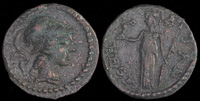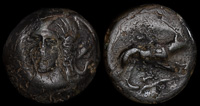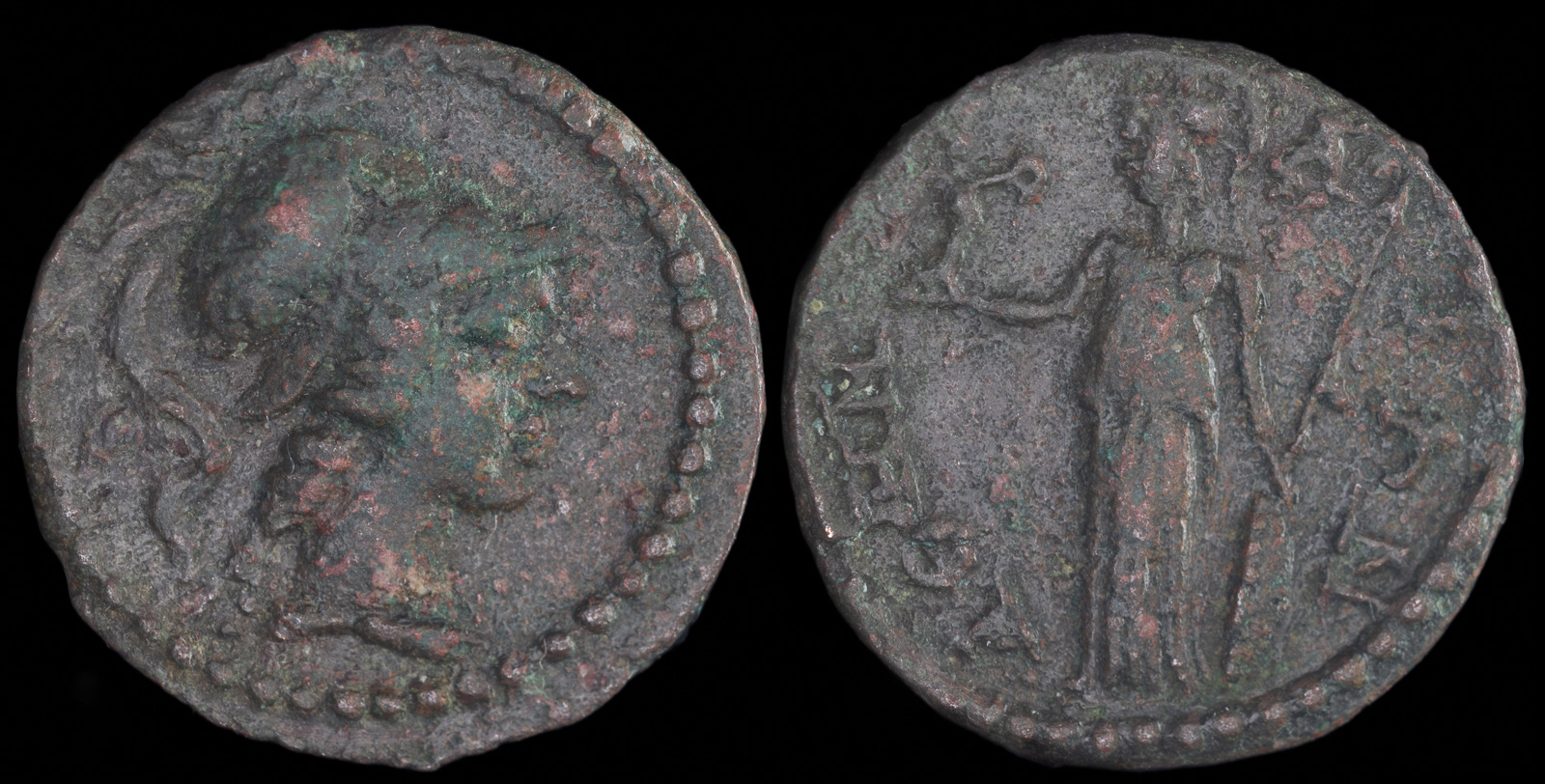Parthenos
View All Tags
The title “Parthenos” was not only a descriptor of her personal attributes but also underscored Athena’s role as a goddess who stood apart from the familial and reproductive aspects of life. This made her a symbol of rationality, intellect, and virginity in a society that valued both military prowess and wisdom. Athena’s virginity also aligned with her role as a protector of the city (polis) and a guardian of the state, as the virgin goddess was believed to be impartial and not swayed by personal emotions or relationships.
The most famous representation of Athena as “Parthenos” is the monumental statue created by the sculptor Phidias, known as the Athena Parthenos. This statue, which was housed in the Parthenon on the Acropolis of Athens, was one of the greatest achievements of classical Greek art. Standing nearly 12 meters tall, the statue depicted Athena in full armor, holding a statue of Nike, the goddess of victory, in her right hand, symbolizing her victory and power. The Parthenos epithet, tied to both the goddess’s divine characteristics and the iconic statue, helped to reinforce the sanctity and purity associated with Athena’s nature.
In the context of religious practices, Athena Parthenos was central to Athenian identity, and the Parthenon itself, dedicated to her, was a place of worship where Athenians celebrated her role as a protector of the city. The Panathenaic Festival, which was held in her honor, featured grand processions and sacrifices, reinforcing her importance not only as a warrior goddess but also as a civic and intellectual figure.

Athens 140-175 CE

Athens, Attica 264-267 CE

Phaloria, Thessaly 302-286 BCE

Tauric Chersonesos, Chersonesos 300-290 BCE
